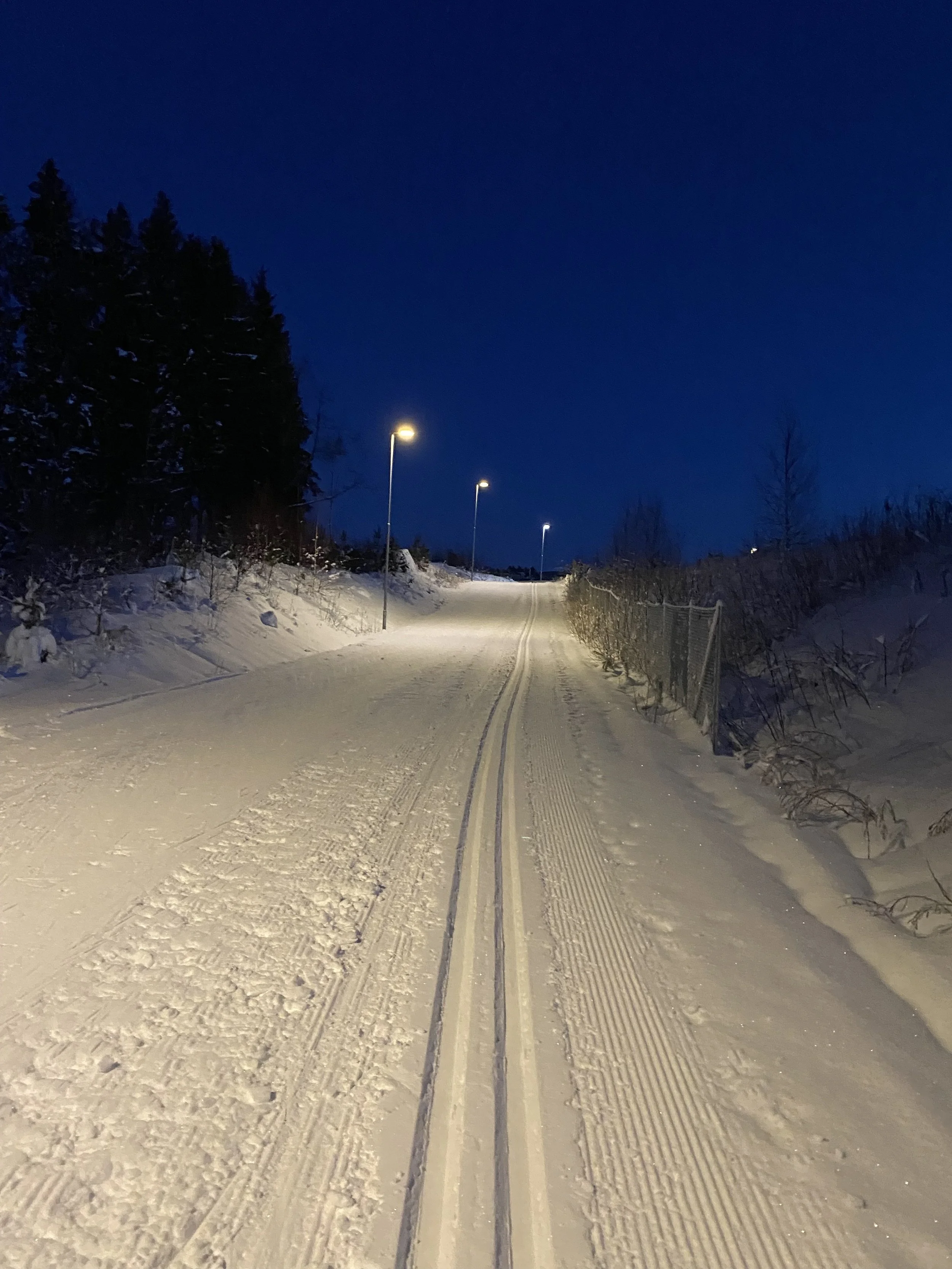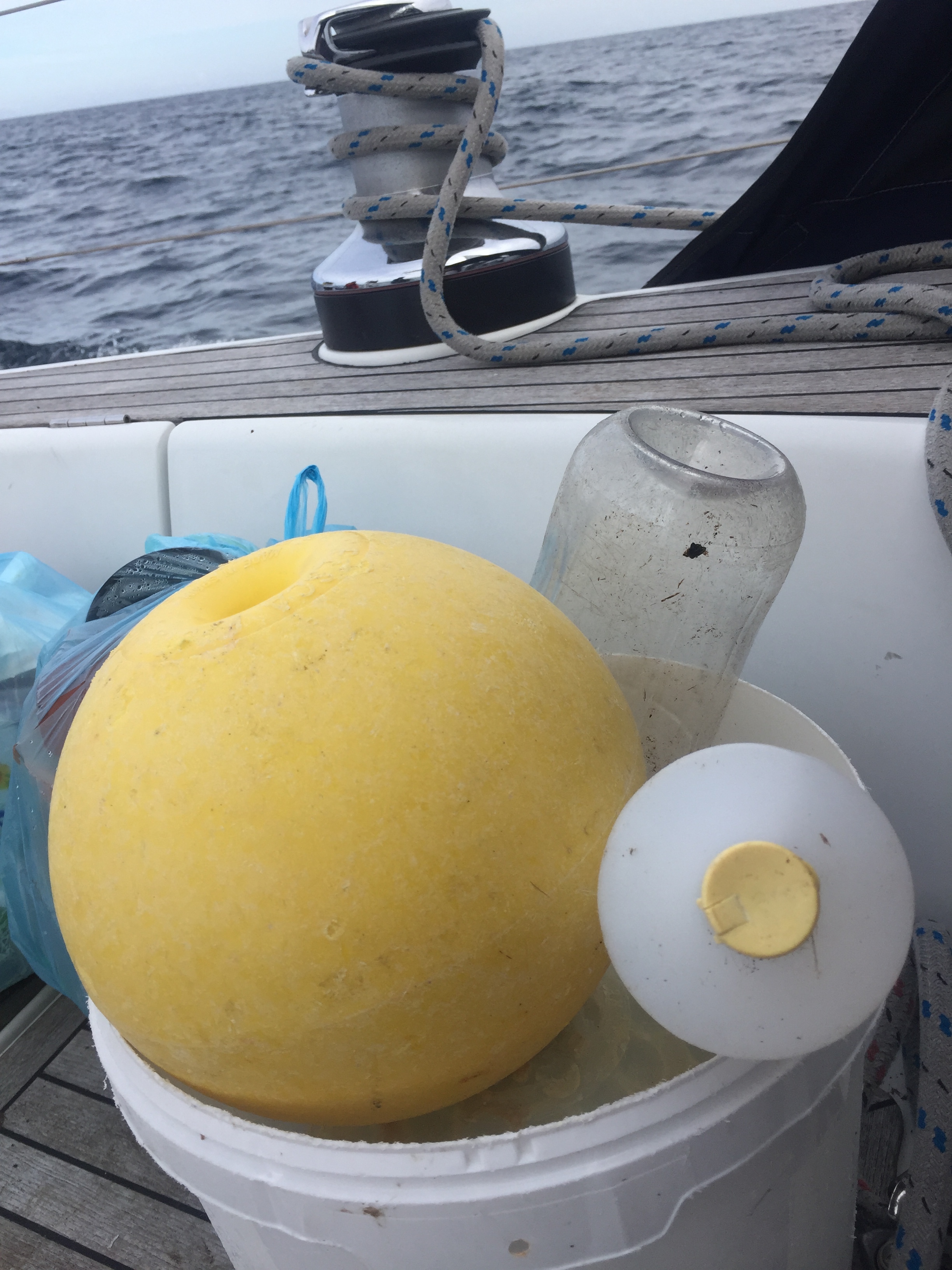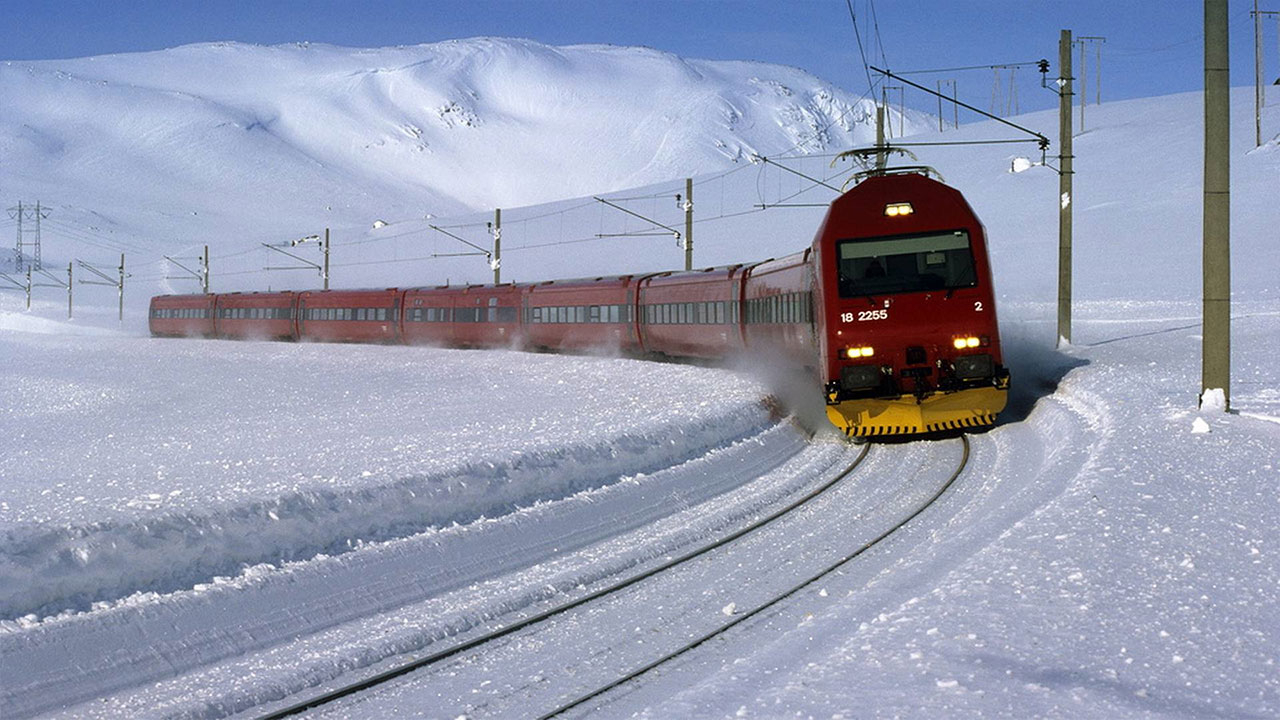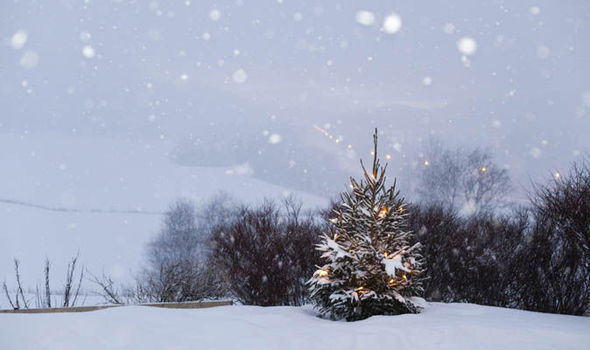“Jordnært - Enkle tips til en mer miljøvennlig hverdag” er boken til søstrene Anette og Susanne Bastviken, som står bak bloggen og podcastet Radical Broccoli.
Først og fremst; jeg har elsket å lese denne boken! Den er både en kjempefin innføring i en grønnere livsstil og mer miljøvennlig og bærekraftig hverdag for de som akkurat har begynt sin grønne reise, men også kjempeinspirerende om du har vært på denne reisen en stund. Forfatterne deler også sine reiser for å bli grønnere, og det store funnet deres er kanskje det at de valgene som er gode for oss, også er de som er gode for planeten vår.
Boken er inndelt etter alle de kategoriene som vi som enkeltindivider kan påvirke vårt eget liv, som; mat, plastforbruket vårt, hjemmene våre, hygiene og velværeprodukter, klærene våre og transport.
Søstrene er vitenskapsbaserte og alle påstander i boken har vitenskapelige kilder, fra blant annet forskning på mat som Eat Lancet rapporten, til ulike miljøorganisasjoner. Søstrene er også plantebaserte, og oppskriftene i boken er også basert på dette. Selv om boken er solid bygget på fakta er den likevel lettlest, og veldig hyggelig, totalt uten å være fordømmende. Filosofien deres er at det er bedre at mange millioner mennesker tar mange gode valg for miljøet, enn at noen få mennesker er perfekte og gjør alt riktig.
Et spennende prosjekt søstrene deler med oss er hvordan det gikk da de skulle leve en måned uten plast. Mange så kanskje dette på Planet Plast på NRK i fjor. Etter å ha prøvd mitt lignende prosjekt med å ha shoppestopp på klær i et helt år vet jeg at kreativiteten og nytenkningen sånne prosjekter gir fører mange nye og bedre løsninger med seg.
Jeg kan på det varmeste anbefale denne boken til både mine grønne venner, og alle som er nysgjerrige og kunne tenke seg å bli grønnere.



















